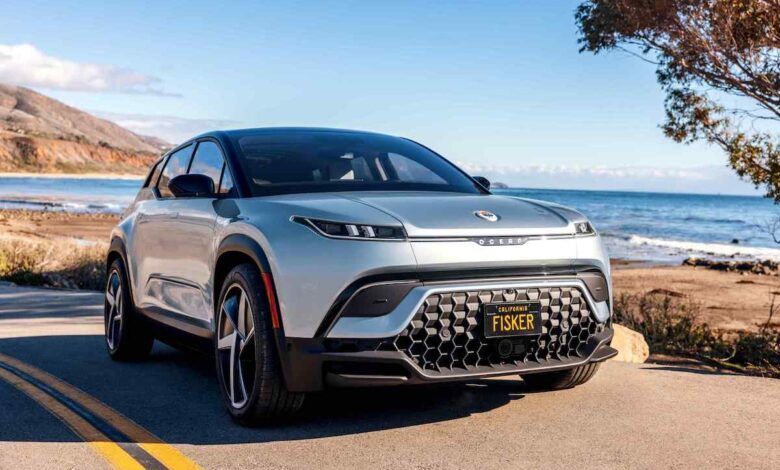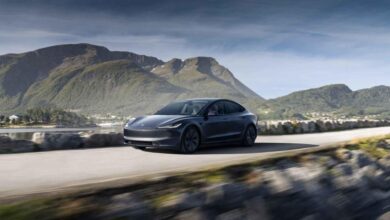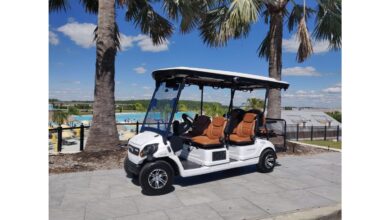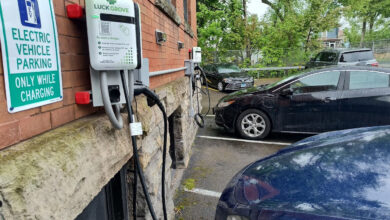Embattled US electric vehicle startup Fisker files for bankruptcy, for a second time

Embattled American electric vehicle (EV) manufacturer Fisker has filed for bankruptcy protection in the United States as it looks to salvage operations by selling assets and restructuring its debt.
The history of the Fisker brand has been long, winding, and generally troubled, ever since Danish automotive designer Henrik Fisker founded the first Fisker Automotive back in 2007. That company was eventually waylaid by the bankruptcy of its battery supplier, A123 Systems in 2012, and eventually sold its assets to Wanxiang Group.
Fisker re-formed the brand as Fisker Inc. in 2016 and initially saw some success, with a backdoor listing on the New York Stock Exchange in 2020 and the release of the Fisker Ocean electric SUV in 2023.
However, like many smaller and boutique EV brands, Fisker Inc encountered financial difficulties, and its shares were delisted from the New York Stock Exchange before defaulting on a shot term loan.
Fisker Group – the operating subsidiary of Fisker Inc – filed for Chapter 11 protection in the US on Monday and announced that it was in advanced discussions with financial stakeholders regarding debtor-in-possession financing and the sale of its assets.
A previously announced manufacturing pause of the Fisker Ocean will remain in place as the company intends to file certain motions with the bankruptcy court to ensure that its reduced operations are able to continue – which includes paying employee wages and benefits, preserving certain customer programs, and compensating needed vendors on a go-forward basis.
Fisker Inc and its other US subsidiaries, as well as Fisker subsidiaries outside of the United States, are not included in the current Chapter 11 filing “at this time”.
“Fisker has made incredible progress since our founding, bringing the Ocean SUV to market twice as fast as expected in the auto industry and making good on our promises to deliver the most sustainable vehicle in the world,” said a Fisker spokesperson.
“We are proud of our achievements, and we have put thousands of Fisker Ocean SUVs in customers’ hands in both North American and Europe.
“But like other companies in the electric vehicle industry, we have faced various market and macroeconomic headwinds that have impacted our ability to operate efficiently.
“After evaluating all options for our business, we determined that proceeding with a sale of our assets under Chapter 11 is the most viable path forward for the company.”
Fisker Inc joins the likes of other smaller EV brands such as Proterra, Lordstown, and Electric Last Mile Solutions, which have all filed for bankruptcy over the past two years in the United States, as weakening demand and financial and supply chain issues squeezed the automotive industry the world over.
Fisker had reportedly been in talks with a “major car manufacturer” earlier this year in an effort to secure an investment to stay solvent, but those talks fell through in March.
Joshua S. Hill is a Melbourne-based journalist who has been writing about climate change, clean technology, and electric vehicles for over 15 years. He has been reporting on electric vehicles and clean technologies for Renew Economy and The Driven since 2012. His preferred mode of transport is his feet.



